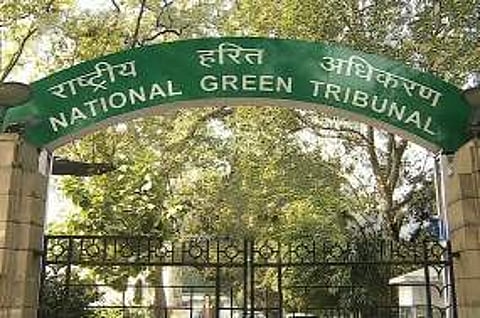

BENGALURU: The principal bench of the National Green Tribunal in New Delhi on Thursday directed the Karnataka government to pay Rs 50 crore as environmental compensation to the Central Pollution Control Board (CPCB) for “restoration of the environment” under the polluter-pays principle. It also ordered the Bruhat Bengaluru Mahanagara Palike (BBMP) — one of the agencies responsible for the lake’s restoration — to pay Rs 25 crore to CPCB, of which Rs 10 crore is to be transferred to KSPCB to provide logistical support to a committee. In addition, the state has to furnish a performance guarantee of Rs 100 crore to ensure execution of the action plan in a time-bound manner.
The tribunal constituted a committee headed by former Lokayukta Justice Santosh Hegde to oversee the implementations of its directions. Other members of the committee include senior scientist from IISc Prof T V Ramachandra, and a nominee each from the CPCB, KSPCB and the state’s Additional Chief Secretary.
Additional Chief Secretary, Urban Development Department, Mahendra Jain, who has been overseeing restoration works on the lakes, has been directed to identify officials for implementing the plan. Jain expressed surprise over the NGT’s observations and said all agencies involved had done a lot of work for restoration of the lake over the past two years.
“There are some inherent problems which will take time to solve. For example, untreated sewage flowing into the lake, which can’t be solved overnight. Sewage treatment plants are being constructed, but will take time,” Jain said.
Regarding the NGT’s observations on lack of implementation of recommendations of Panjwani report, Jain said a compliance report had been provided to the tribunal, detailing what had been implemented, what could not be and the reasons for the same.
“We will have to study the order and then decide on the next move,” he said.